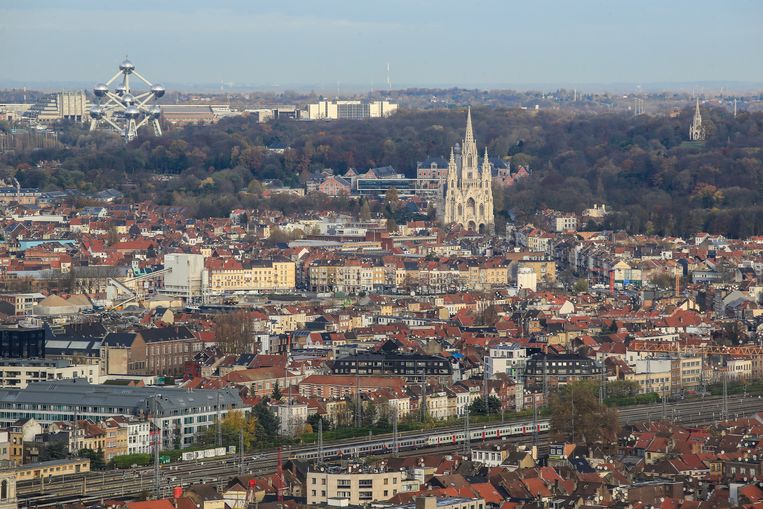Brussels’ current urban development framework proposal should be revised again to focus more on the quality of living in the city and to make the building regulations futureproof and sustainable, according to State Secretary for Urban Development Pascal Smet.
He wrote a letter to the Brussels Parliament on Wednesday saying the coronavirus crisis has further emphasised that this is a pivotal moment for the city to solve existing issues and focuses more on the living standard of its citizens.
“We realised when looking at the current proposal on the table again that just adapting it wouldn’t be enough, but that it should be revised in a way that the quality of life of all inhabitants of Brussels is central in this transition,” Smet’s spokesperson Damiaan De Jonge told The Brussels Times.
He wants the new regulations to include the amendment of building standards to make (communal) terraces or gardens compulsory in newbuilds, to create better (bicycle) parking standards outside of public roads, and to add more green spaces in the city.
The current urban development regulations, which determine the number of squares and streets that can be laid out in the city and the standard of new buildings being added, date back to 2007.
Related News
- Cultural sector to protest on 1 year anniversary of closure
- Language frictions in Brussels are ‘part of multilingual reality,’ Sven Gatz says
The previous Brussels Government had already started a procedure to update these rules, and citizens were given the chance to give their opinion on the draft text before it would be approved by the current government.
However, Smet believes this draft proposal should once again be revised, and "significant improvements" should be made in light of the lessons learned from the coronavirus crisis.
"This crisis showed us the structural importance of quality buildings to live, work and learn in, coupled with high-quality outdoor space in all its forms," he said in the letter.
Smet recognised that substantial adjustments would have to be made for the new draft, which the government is expected to approve in the summer of this year, and of which the second public inquiry will follow in the autumn.
If the new draft doesn’t face any challenges, the new rules and building standards could come into force in mid-2023.
"This is a small step back, but it will allow us to take a big step forward,” he said.
Smet worked with experts in the field to develop the new draft of regulations, and the sector has now been informed, including representatives of the construction and real estate sectors. The different administrations and municipalities will also be included in the process to make changes, De Jonge said.
Lauren Walker
The Brussels Times

